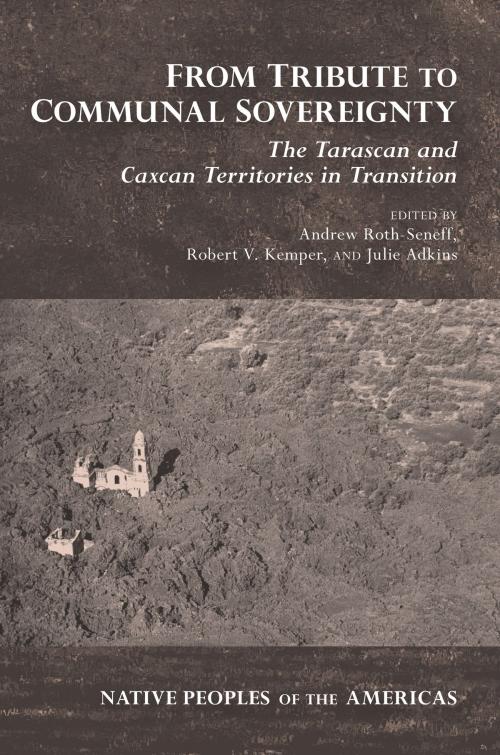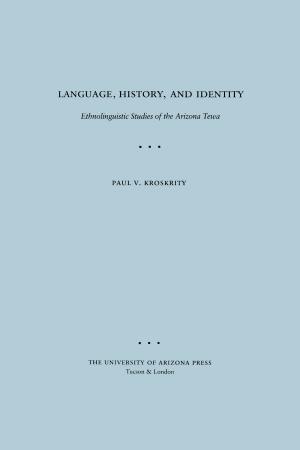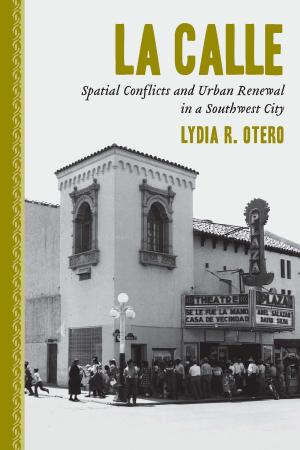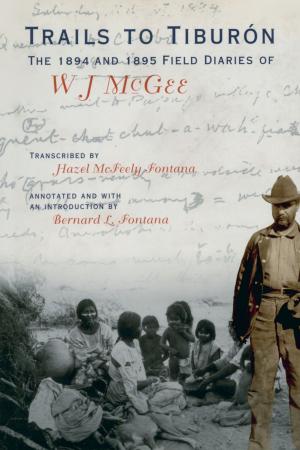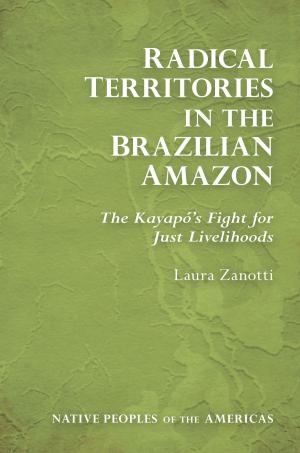From Tribute to Communal Sovereignty
The Tarascan and Caxcan Territories in Transition
Nonfiction, Social & Cultural Studies, Social Science, Anthropology, Cultural Studies| Author: | ISBN: | 9780816535491 | |
| Publisher: | University of Arizona Press | Publication: | August 1, 2016 |
| Imprint: | University of Arizona Press | Language: | English |
| Author: | |
| ISBN: | 9780816535491 |
| Publisher: | University of Arizona Press |
| Publication: | August 1, 2016 |
| Imprint: | University of Arizona Press |
| Language: | English |
From Tribute to Communal Sovereignty examines both continuity and change over the last five centuries for the indigenous peoples of central western Mexico, providing the first sweeping and comprehensive history of this important region in Mesoamerica.
The continuities elucidated concern ancestral territorial claims that date back centuries and reflect the stable geographic locations occupied by core populations of indigenous language–speakers in or near their pre-Columbian territories since the Postclassical period, from the thirteenth to late fifteenth centuries. A common theme of this volume is the strong cohesive forces present, not only in the colonial construction of Christian village communities in Purhépecha and Nahuatl groups in Michoacán but also in the demographically less inclusive Huichol (Wixarika), Cora, and Tepehuan groups, whose territories were more extensive.
The authors review a cluster of related themes: settlement patterns of the last five centuries in central western Mexico, language distribution, ritual representation of territoriality, processes of collective identity, and the forms of participation and resistance during different phases of Mexican state formation. From such research, the question arises: does the village community constitute a unique level of organization of the experience of the original peoples of central western Mexico? The chapters address this question in rich and complex ways by first focusing on the past configurations and changes in lifeways during the transition from pre-Columbian to Spanish rule in tributary empires, then examining the long-term postcolonial process of Mexican independence that introduced the emerging theme of the communal sovereignty.
From Tribute to Communal Sovereignty examines both continuity and change over the last five centuries for the indigenous peoples of central western Mexico, providing the first sweeping and comprehensive history of this important region in Mesoamerica.
The continuities elucidated concern ancestral territorial claims that date back centuries and reflect the stable geographic locations occupied by core populations of indigenous language–speakers in or near their pre-Columbian territories since the Postclassical period, from the thirteenth to late fifteenth centuries. A common theme of this volume is the strong cohesive forces present, not only in the colonial construction of Christian village communities in Purhépecha and Nahuatl groups in Michoacán but also in the demographically less inclusive Huichol (Wixarika), Cora, and Tepehuan groups, whose territories were more extensive.
The authors review a cluster of related themes: settlement patterns of the last five centuries in central western Mexico, language distribution, ritual representation of territoriality, processes of collective identity, and the forms of participation and resistance during different phases of Mexican state formation. From such research, the question arises: does the village community constitute a unique level of organization of the experience of the original peoples of central western Mexico? The chapters address this question in rich and complex ways by first focusing on the past configurations and changes in lifeways during the transition from pre-Columbian to Spanish rule in tributary empires, then examining the long-term postcolonial process of Mexican independence that introduced the emerging theme of the communal sovereignty.
